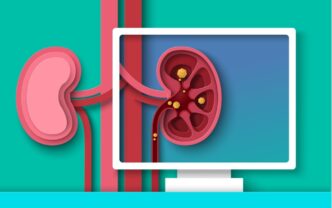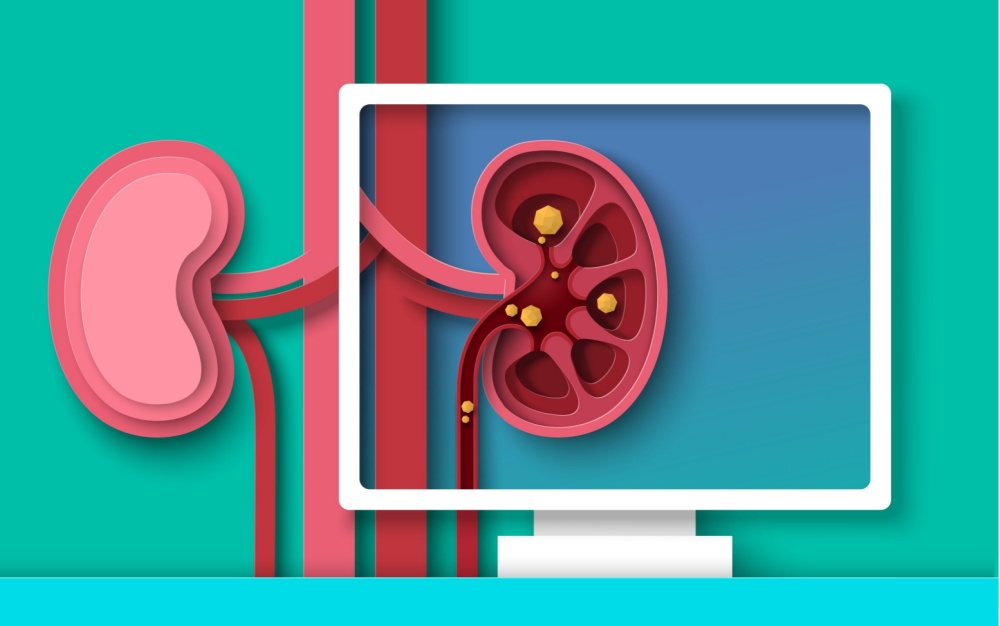The Seventy-eighth World Health Assembly (WHA78), the annual meeting of World Health Organization’s (WHO), convened from 19 May to 27 May, under the theme “One World for Health”. The accomplishments of the Assembly spanned many areas of health, including the Member States endorsing the first-ever resolution on kidney health.
Petaling Jaya, June 3, 2025 – The National Kidney Foundation of Malaysia (NKF) commends the World Health Assembly’s recent adoption of a groundbreaking resolution aimed at reducing the global burden of kidney disease.
This pivotal move underscores the urgent need for comprehensive strategies to combat kidney-related ailments, which have reached alarming levels in Malaysia.
This historic achievement marks the first time that kidney health has been formally prioritized within the World Health Organization (WHO)’s non-communicable disease (NCD) agenda and is aligned with the United Nation’s Sustainable Development Goal (SDG) Target 3.4: Non-communicable diseases and mental health and Target 3.8: Achieve universal health coverage.
A GROWING HEALTH CRISIS IN MALAYSIA
Chronic kidney disease (CKD) is a significant public health concern in Malaysia.
- Studies indicate that the prevalence of CKD among Malaysian adults increased from 9.07% in 2011 to 15.48% in 2018.
- Alarmingly, awareness remains low, with only 5% of individuals with CKD aware of their condition.
End-stage renal disease (ESRD) cases are also on the rise.
- Annually, more than 10,000 people are newly diagnosed as needing renal replacement therapy.
- Currently, over 50,000 Malaysians require dialysis, with projections estimating this number could exceed 106,000 by 2040 if current trends persist.
NKF’S COMMITMENT TO ENHANCING KIDNEY HEALTH
In response to Malaysia’s growing kidney health crisis, NKF’s mandate is supported by four key pillars.
- Provide quality kidney treatment care
- Undertake holistic and impactful prevention approach for CKD management
- Advocate for kidney care among stakeholders
- Support the development of sustainable funding and investments for CKD management
NKF’s primary focus is to lead in the promotion and enhancement of kidney health.
Our public campaigns are aimed at raising awareness on the importance of prevention, early detection and intervention to halt the progress of kidney disease in individuals. NKF regularly conducts community outreach activities offering free or low-cost health screenings, public health education and health intervention programs.
Additionally, NKF operates 32 dialysis centres nationwide, providing life-saving treatment to over 1,700 patients, predominantly from the B40 income group.
To alleviate the financial burden of treatment, NKF heavily subsidizes dialysis for patients from low-income backgrounds. For B40 patients, the cost is significantly reduced, and for the most financially vulnerable—classified as hardcore poor—treatment is fully subsidized, ensuring no patient is denied care due to inability to pay. NKF is able to do this with the generous support of public donations.
IMPLICATIONS OF THE WHA RESOLUTION FOR MALAYSIA AND NKF
The adoption of the WHA resolution on kidney disease represents a historic commitment by the global community to prioritize kidney health.
According to Yang Berbahagia Dato’ Dr Zaki Morad Mohd Zaher, the Chairman of the National Kidney Foundation of Malaysia:
- The call for equitable and sustainable financing in the recent World Health Assembly resolution underscores the urgent need for universal access to kidney care, particularly for underserved communities like in rural Sabah, Sarawak, and among the B40 groups.
- NKF is hopeful that this global commitment will inspire the Malaysian government to enhance support through increased funding, expanded insurance coverage, and improved infrastructure.
- This includes greater investment in peritoneal dialysis, kidney transplantation, and early-stage interventions to slow the progression of kidney disease.
- NKF remains dedicated to collaborating with the government to ensure that every Malaysian, regardless of location or income, receives the care they deserve.
With the full implementation in Malaysia, the resolution aims to achieve the following outcomes:
- Strengthen national kidney disease prevention programs, encouraging early screening and intervention to reduce new cases of chronic kidney disease (CKD).
- Improve access to affordable, quality kidney care including dialysis and transplantation, especially for vulnerable groups such as the B40 community.
- Enhance health workforce capacity by training more nephrologists, dialysis nurses, and community health workers.
- Foster multi-sectoral collaboration involving health authorities, NGOs like NKF, private sector, and community stakeholders to implement effective policies.
- Increase funding and resource allocation towards kidney health, supporting sustainable dialysis services and infrastructure expansion.
- Promote patient-centered care and equity, ensuring that no Malaysian is denied access to life-saving treatment due to financial hardship or geographic barriers.
- Support data collection and research, enabling better understanding of the burden of kidney disease in Malaysia and guiding evidence-based interventions.
The NKF thanks all stakeholders who have supported the resolution and contributed to building the care ecosystem for kidney care.
This resolution reinforces its mission and provides an opportunity to partner more closely with the government and international bodies to scale up prevention, care, and advocacy efforts.
It also aligns with NKF’s goal to improve treatment outcomes and enable health equity among kidney patients nationwide.
NKF would like to encourage public and private participation in response to the call to action for Malaysia to strengthen its health systems and combat the growing kidney disease epidemic with renewed urgency and coordinated effort.
| This is a press statement issued by the National Kidney Foundation Malaysia. It has been edited for clarity. |











